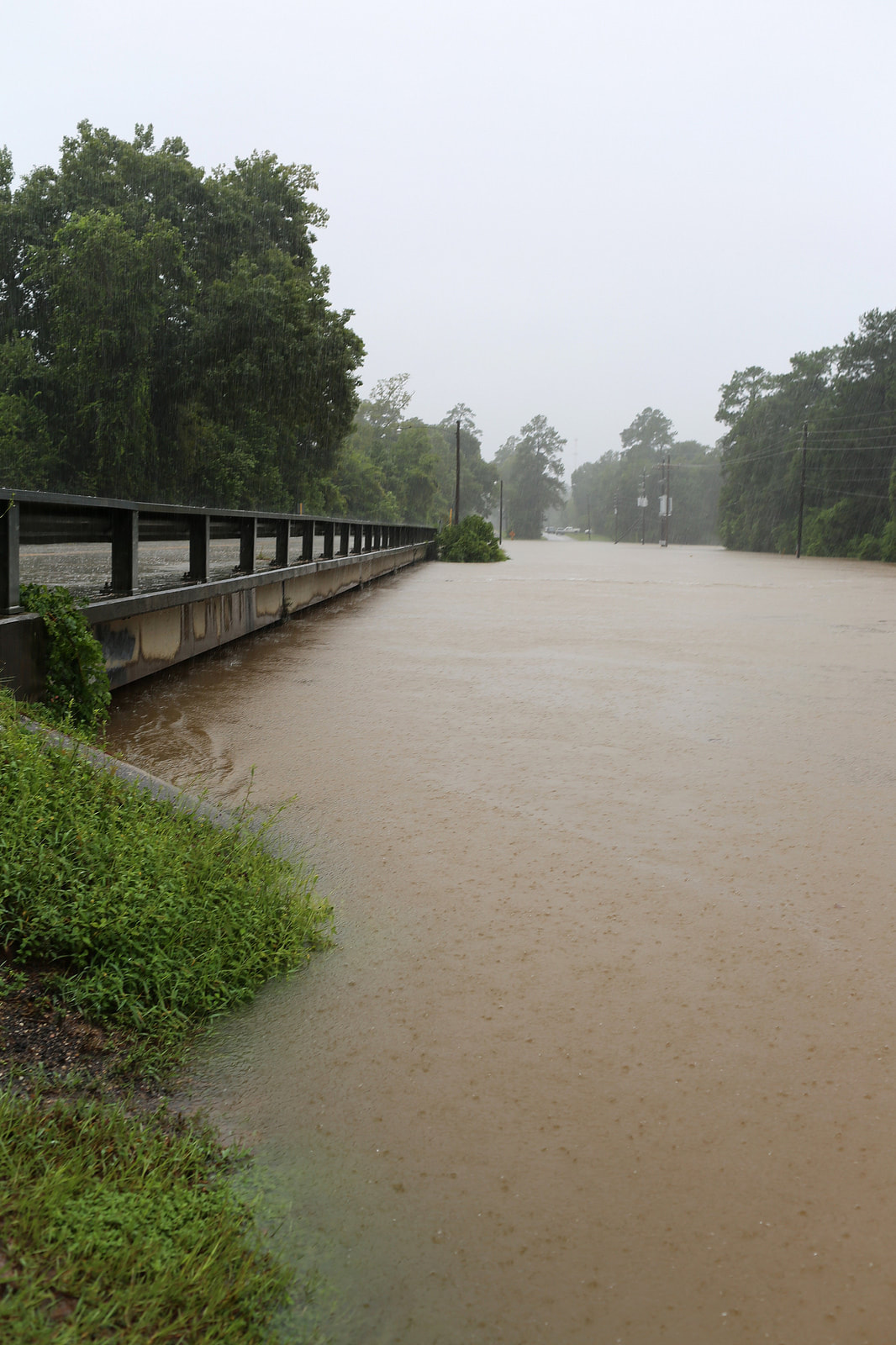| The story of a Houston woman in labor, brought to the safety of a hospital by a human chain her neighbors formed to get her to a truck through pouring rain and rising waters, finally brought me to an insight. The images of everyday heroism and neighborly sacrifices coming from Texas and surrounding areas in recent days reflect the real America. Most of what we were fed on news channels before the hurricane reflected something else. I would not be so insensitive as to say we needed this to remind us who we are. The suffering of others never is needed, and thousands of people have experienced too much of it because of hurricane Harvey. FEMA officials said the number of people needing emergency shelter could surpass 30,000, including people from about 50 counties in Texas and Louisiana. As I write this, at least 20 people are known to have died. Much of the suffering is taking place away from TV cameras, in small towns and hamlets. |
| | But the rescue of 32-year-old Annie Smith, already experiencing labor pains, stood in stark contrast to the seemingly endless pre-Harvey news accounts of pitched battles over Civil War monuments. We are so much more than that. In truth, Americans are a complicated mix of beliefs, passions and history that sometimes collide violently. Some of us can’t seem to move beyond the events of 150 years ago or stomach a civil discussion with anyone who disagrees on fundamental political or religious platforms. But when disaster strikes, those people are revealed for the loud outliers they are — the statistical edges on the bell curve of humanity and charity. The rest of America comes together to help, and the helpers don’t stop to ask about political affiliation or ethnic origin. It may be useful to hear some reminders of who we are. Americans are generous. Giving USA’s annual report on philanthropy found that in 2016, Americans gave $390.05 billion to charity. Think about that. This is a nation of only about 325 million people, and every dollar given takes the place of a dollar government needs to provide. The overwhelming majority of this — 72 percent, or $281.86 billion — came from individual contributions. The next highest category of giving came from foundations, at $59.28 billion. Corporations accounted for only 5 percent of the giving, or $18.55 billion. Most of the contributions, 32 percent, went toward religious institutions. These, in turn, account for a large share of the immediate aid given to alleviate suffering. But this also indicates that much of our giving spirit is faith-based and faith-motivated. Among the many aspects of faith is a general belief in a higher purpose for life and in a divine mandate to lift and help other people. That kind of thinking doesn’t confine itself to giving. It ought to color all aspects of a person’s life. Worldwide, The United States is the most generous of the developed countries. Only Myanmar tops the U.S. on the Charities Aid Foundation’s World Giving Index, and this is generally attributed to the teachings of its predominant branch of Buddhism (more religious motivation), which teaches to be generous and to volunteer. Back to Houston, Smith’s rescue was the result of far more than anything government could have provided alone. She and her husband tried calling 911 many times without getting an answer. Finally, she called someone she knew who called his father who walked to a fire station to get help. When the truck arrived, however, only the human chain provided the strength to withstand nature’s ferocity. It wasn’t the only example. Videos showed people carrying neighbors’ pets, using private boats to rescue the stranded and doing countless other things for strangers. But that chain ought to remind us all of the collective strength of goodness. Yes, some thieves looted. As with Katrina 12 years ago, disasters provide opportunities for those statistical outliers in society. No, we didn’t need hurricane Harvey, but we did need the examples of those folks in Texas. They came just in the nick of time, both for those who lost everything in the storm and for the rest of us who needed our bearings recalibrated, as well. |


 RSS Feed
RSS Feed

